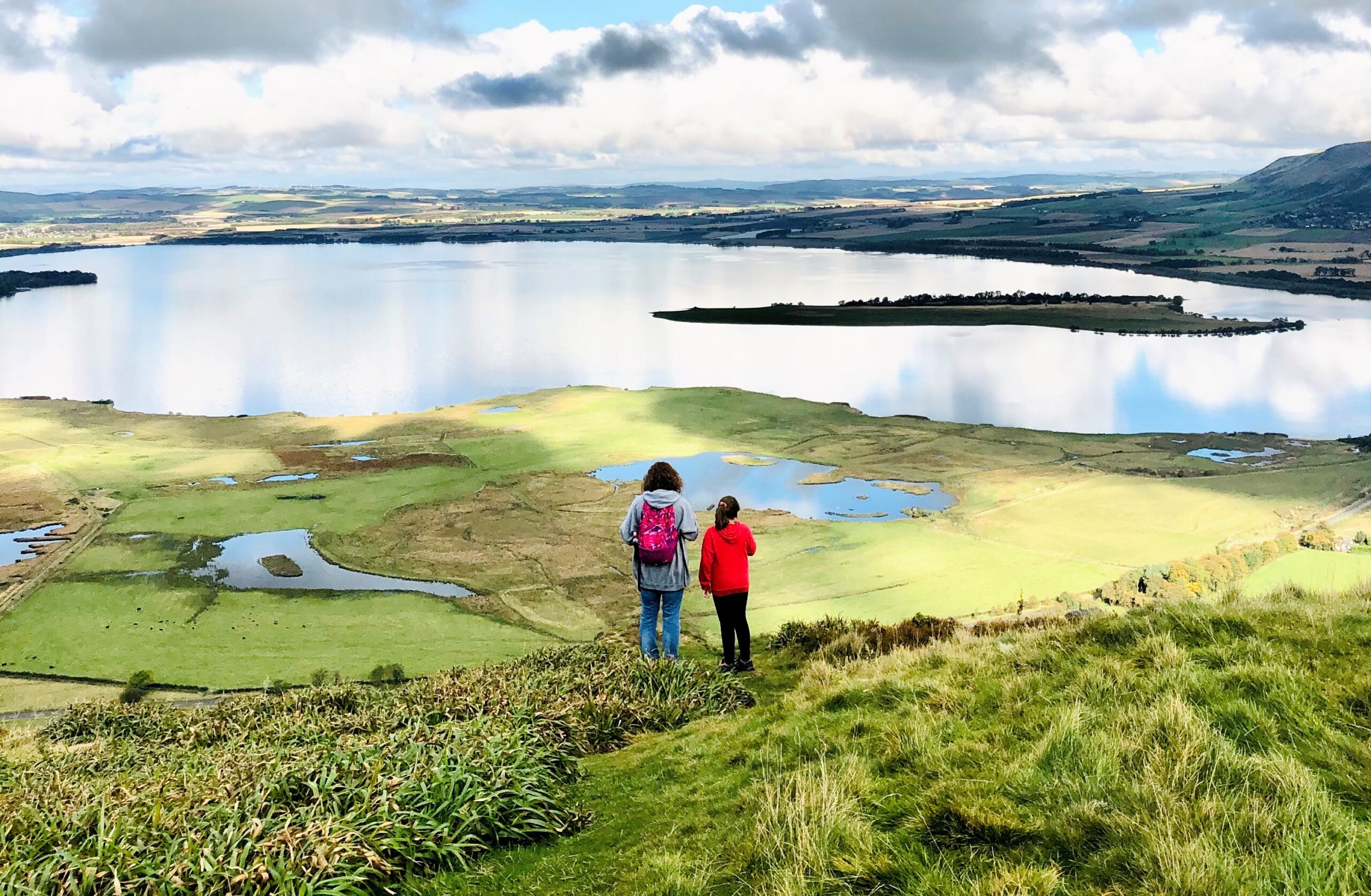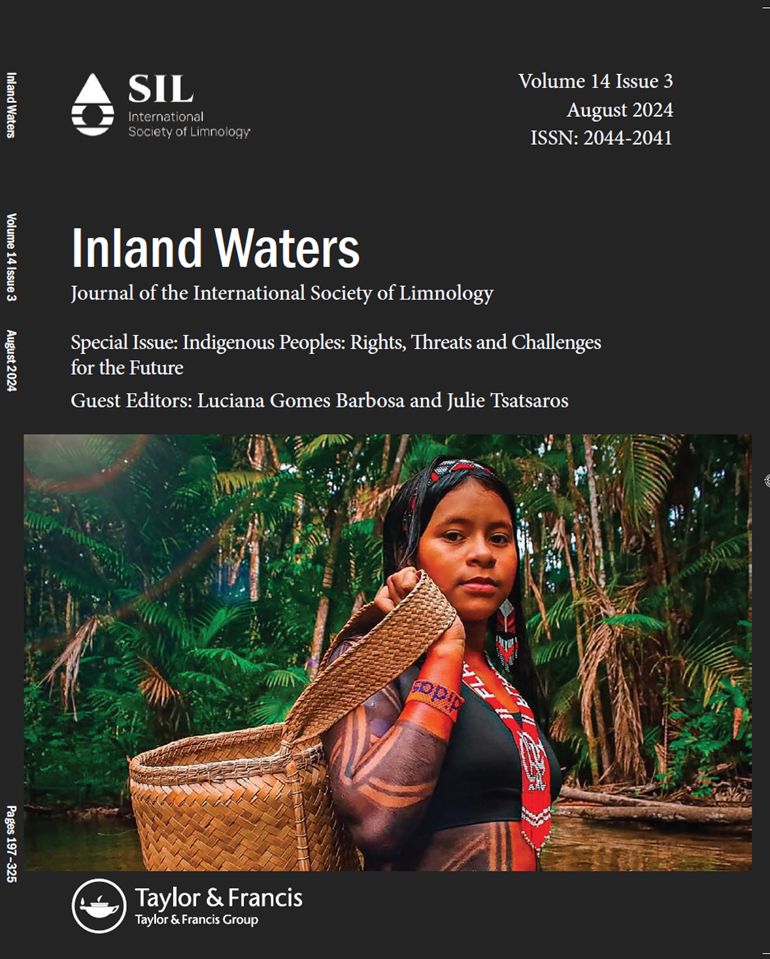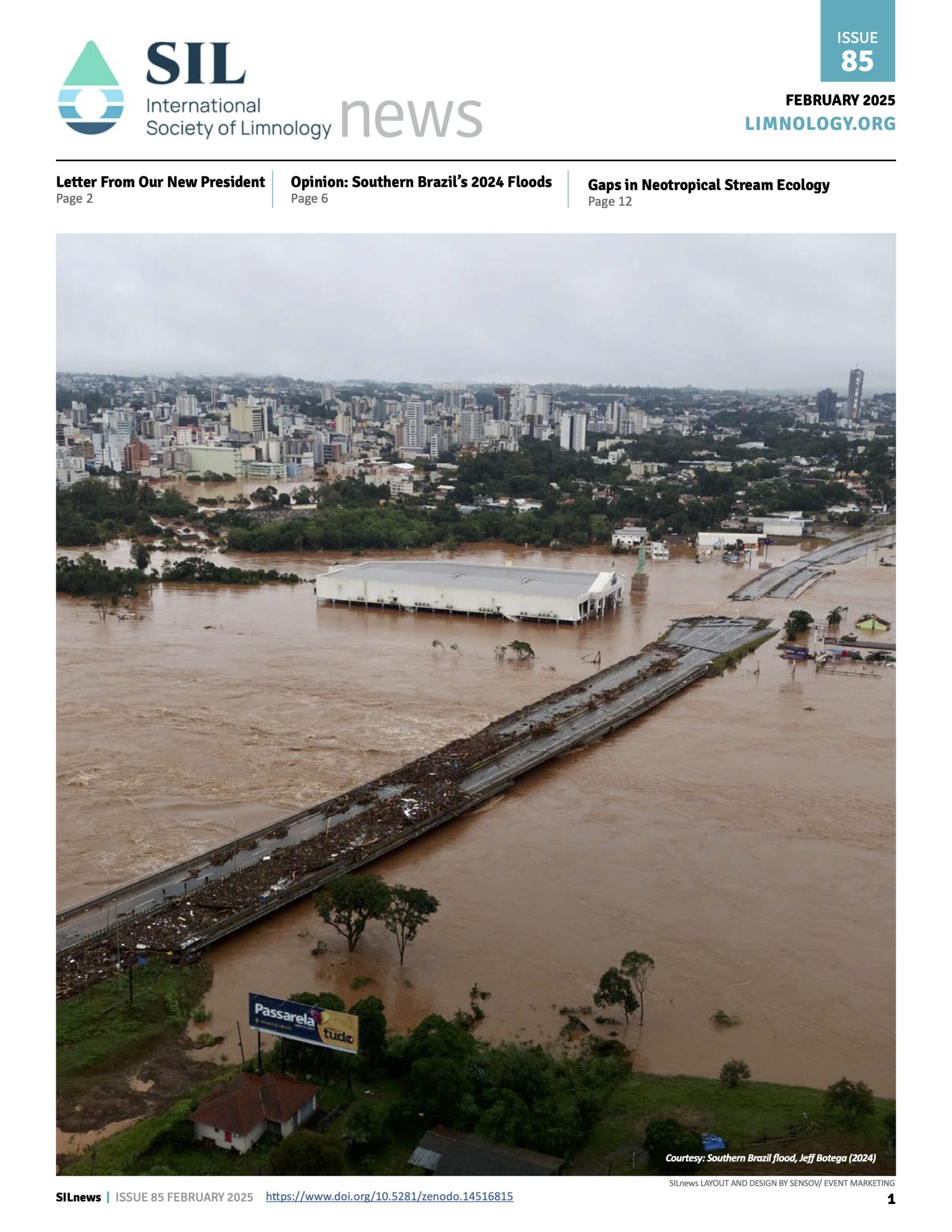Lake Restoration Working Group
The WG on Lake Restoration (WGLR) focuses on all aspects of lake restoration to prevent, halt and redress the destruction of lake ecosystems. The WGLR offers a platform for finding common ground and exchanging experiences in water quality management in lakes and their catchments. The WGLR tries to accommodate this via organizing special sessions at conferences (e.g. SEFS 2017, SIL 2018), by contributions at international conferences (e.g. NALMS, ASLO, Lahti Lakes), by co-organizing symposia such as Lahti Lakes 2021 (https://lahtilakes.fi/), by hosting special issues and posts on social media (Facebook ‘LakeRestoration’; twitter ‘@SIL_Working’).
Working Group on Lake Restoration
The WG was conceived during SIL2016 (Torino) where all attendees of special session 40 on Lake Restoration (19 oral presentations, 8 posters) expressed, during a meeting afterwards, that finding common ground and exchanging experiences would be most welcome. The WG tries to accommodate this via organizing special sessions at conferences (e.g. SEFS 2017, SIL 2018), by contributions at international conferences (e.g. NALMS, ASLO, Lahti Lakes), by co-organizing symposia such as Lahti Lakes 2021 (https://lahtilakes.fi/), by hosting special issues and posts on social media. The WG hosts a Facebook account (LakeRestoration) and a twitter account (@SIL_Working). Colleagues working on lake restoration are encouraged to include #LakeRestoration in posts.
The first real WG special issue “Toward Preventative Management in Lakes” appeared in Inland Waters, volume 12(1), 8 April 2022. The importance of such SI was underpinned at SIL2022 where the publisher notified that 5 of the 10 most downloaded papers in 2022 stemmed from this special issue. Ideas, suggestions, initiatives for a special issue are most welcome.
The WG had its regular household meeting at SIL2022 (Berlin). A history of WG activities was presented, the recent WG special issue highlighted, its affiliation to the UNEP World Water Quality Alliance Ecosystems Workstream (https://communities.unep.org/display/WWQA/Ecosystems) explained, and the way forward was discussed.
The WWQA Ecosystems Workstream was established in 2021 to support large-scale restoration initiatives to prevent, halt and redress the destruction of our freshwater ecosystems, focusing initially on water quality management in lakes and their catchments. It is currently building the WWQA Ecosystems Membership, reviewing and synthesising their experiences on the challenges and benefits of lake restoration. It is enhancing coordination of action in the area of lake restoration and mobilization of policymakers and raising awareness across sectors of the multiple benefits of effective sustainability-based restoration of freshwater ecosystems. The WWQA hosted two sessions at the SIWI World International Water Week 2021 “Investing for change through the WWQA” August 24th 2021. The sessions can be found at Investing for change through the World Water Quality Alliance – YouTube for August 24th and for August 26th 2021 at Investing for change through the World Water Quality Alliance – YouTube. The sessions had 254 registrations from all over the globe and received the SIWI Gold Standard for Diversity.
Another activity is the GLOBAL SURVEY OF LAKE RESTORATION IN PRACTICE The survey aims to compile experiences gained from real restoration of lakes in order to identify the leading causes for failure/success of lake restoration and to draw recommendations for future initiatives. The survey is available in 5 languages, is still open and before SIL2022 had already received 179 answers from 64 countries. Yet, any additional answer is most welcome. To access the survey please visit the website at this address:
https://forms.office.com/r/uFnKsxLT5M
There was quite some consensus on the WG joining in the WWQA. The WWQA offers direct input to UNEP and to the UNEA process, it is a broad bottom up initiative with lots of momentum and the means to bring the importance of good water quality on the agenda of policy makers. The attendees further discussed the water quality challenges related to current and coming pressures. Holistic approaches in preventing and restoring inland waters are needed which underscores the importance of including other disciplines as well as those who can transfer knowledge to policy makers. Throughout the congress “management”, “restoration”, “protection” of inland waters was brought forward and also the majority of the “100 important questions for limnology” mentioned these. The WG on Lake Restoration is in the epic center of these current water quality challenges. The knowledge within the WG and the network it has, might offer a valuable start for colleagues confronted with real time water quality issues in lakes, ponds and reservoirs that were broad forward during the conference in Berlin.
During SIL2022 a new logo of the Society was presented. Inasmuch as the WG uses a logo based on the SIL logo the WG logo will be adjusted accordingly.
During SIL2022, just before the closing ceremony a short feedback from the WG activities was presented.
The WG on Lake Restoration appreciates feedback and especially initiatives and suggestions for special sessions, small focused meetings (online/in person), special issues, opinion papers, enhancement of visibility, exchange of information are welcomed highly.
Join this working group:



